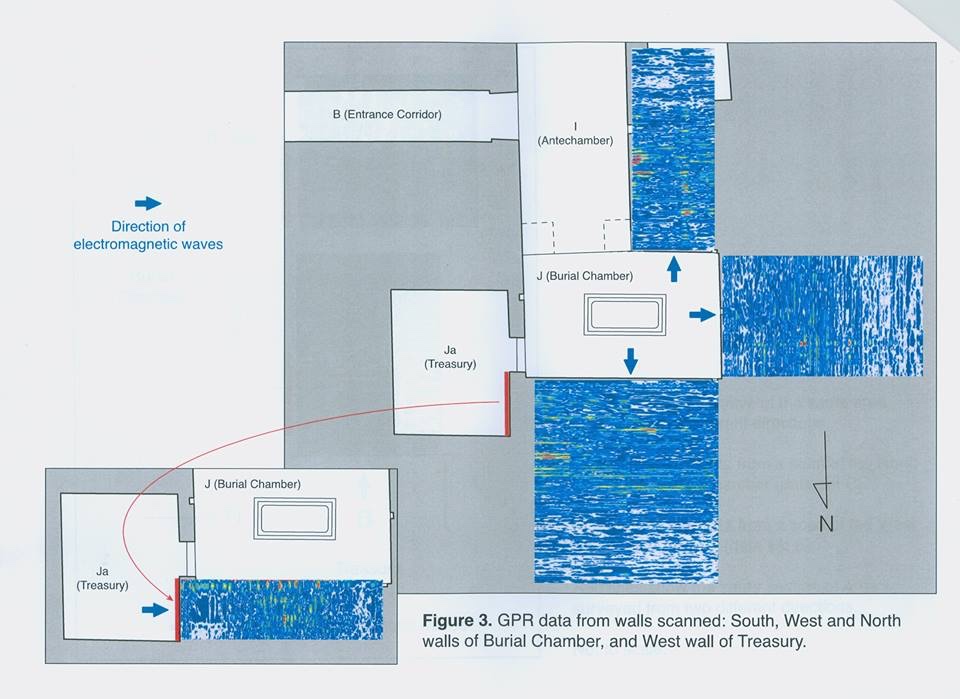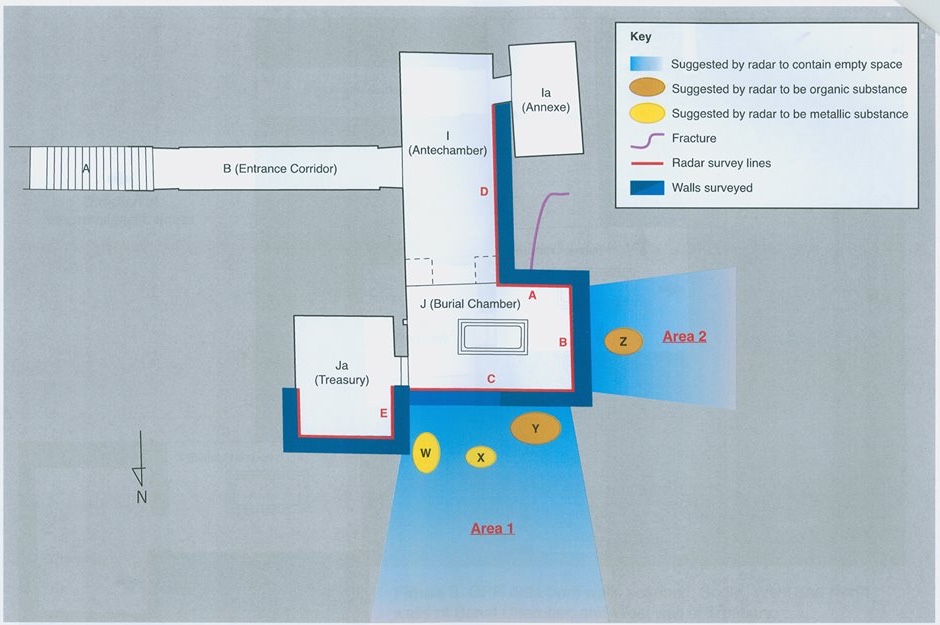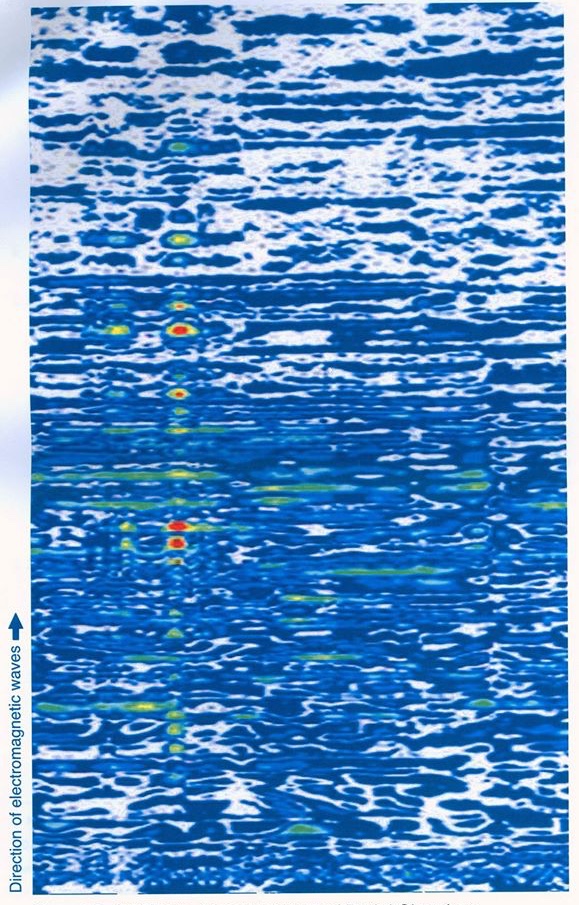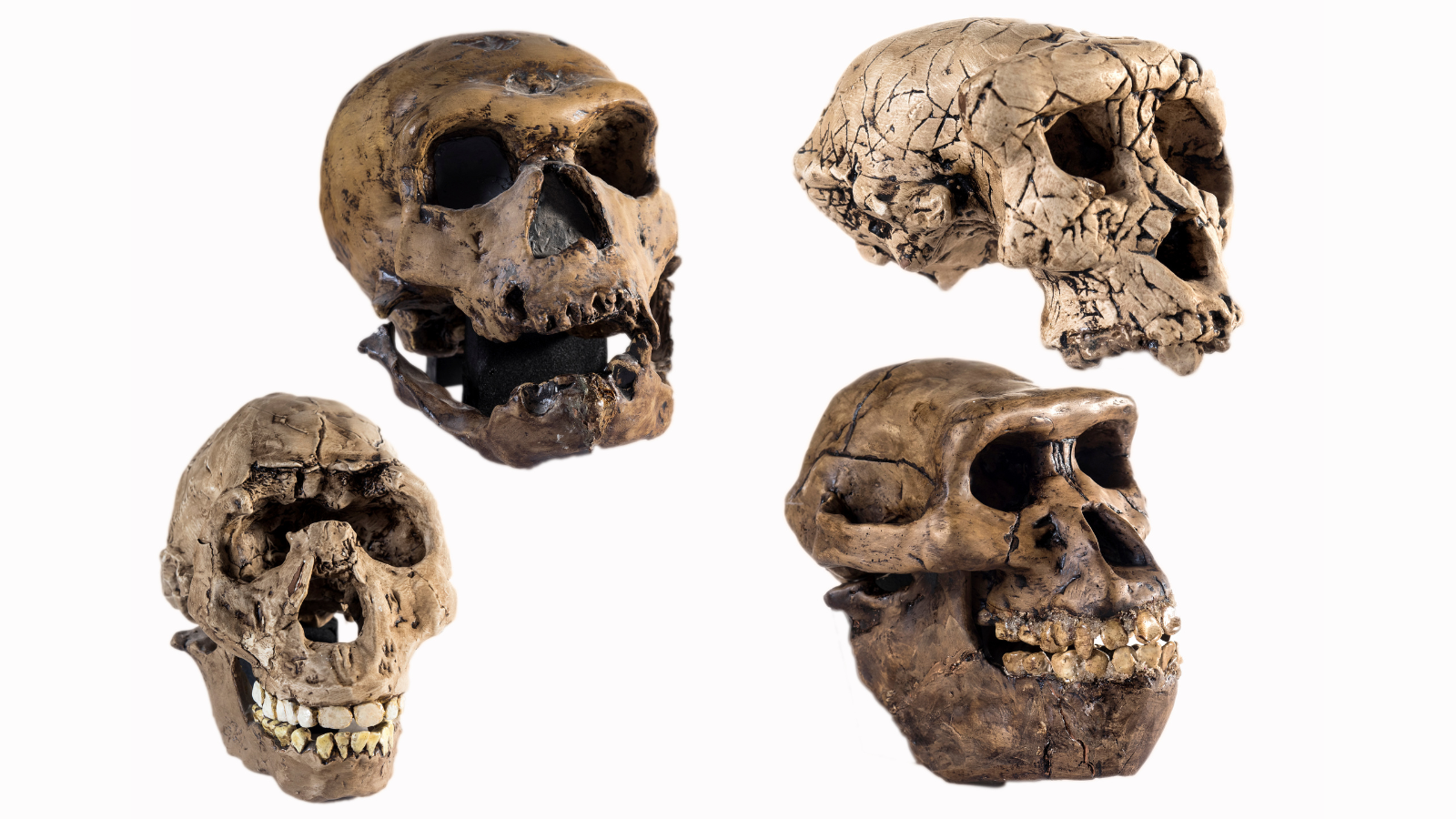In Photos: The Life and Death of King Tut
Behind the doors

In 2015, Egyptologist Nicholas Reeves of the University of Arizona published findings that suggested there were hidden chambers in King Tut's burial chamber. Faint lines and indentations on two of the walls suggested possible doorways, Reeves said. The layout of King Tut's tomb was also suggestive of a hidden chamber, he said. Based on the geometry of the tomb and other features, Reeves put forth the idea that Queen Nefertiti, Tut's stepmom, was hiding behind one of those doors.
In 2016, Japanese radar technologist Hirokatsu Watanabe performed radar scans of the tomb to look for more evidence of any hidden chambers. The scans, released by the Egypt Ministry of Antiquities, "suggest the presence of two empty spaces or cavities beyond the decorated North and West walls of the Burial Chamber," according to a statement by the antiquities ministry. The scans also showed evidence of metal and organic artifacts within these hidden chambers. (Note that North faces down in this image.)
False positives

This map shows where the two chambers along with the metal and organic artifacts may be hidden in King Tut's burial chamber. However, archaeologists not involved with the scans urged caution about the hidden chambers because "false positives" are common in the Valley of the Kings, where the tomb resides. Determining what is a human-made chamber or artifact and what is a geological feature can be a challenging task, they have said.
West wall anomaly

The researchers said that this radar scan of the west wall of King Tut's tomb indicates the presence of a chamber and what may be an organic substance.
Get the world’s most fascinating discoveries delivered straight to your inbox.

Owen Jarus is a regular contributor to Live Science who writes about archaeology and humans' past. He has also written for The Independent (UK), The Canadian Press (CP) and The Associated Press (AP), among others. Owen has a bachelor of arts degree from the University of Toronto and a journalism degree from Ryerson University.


